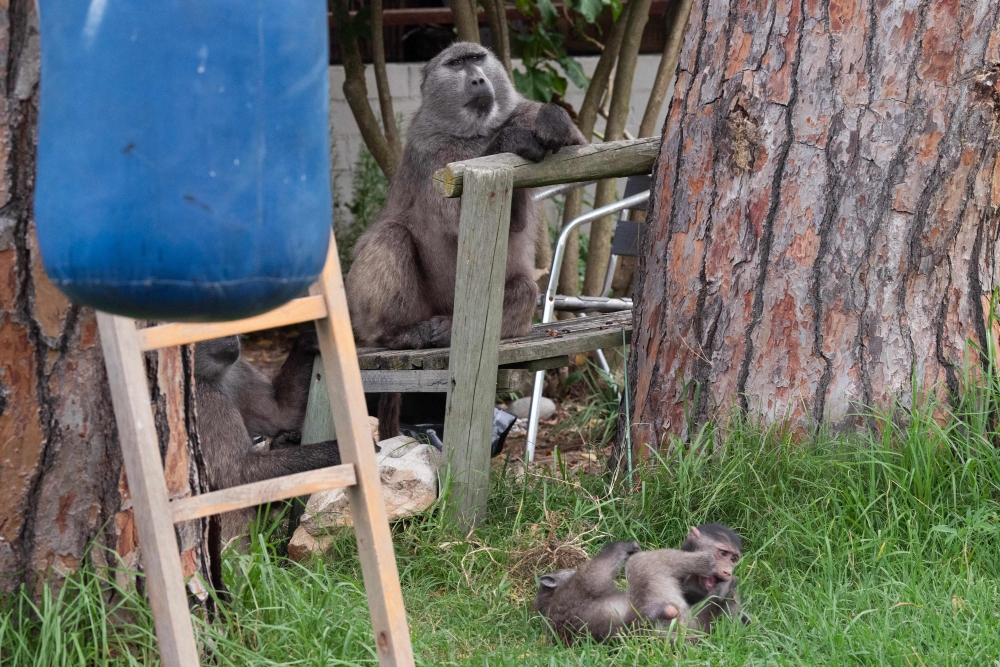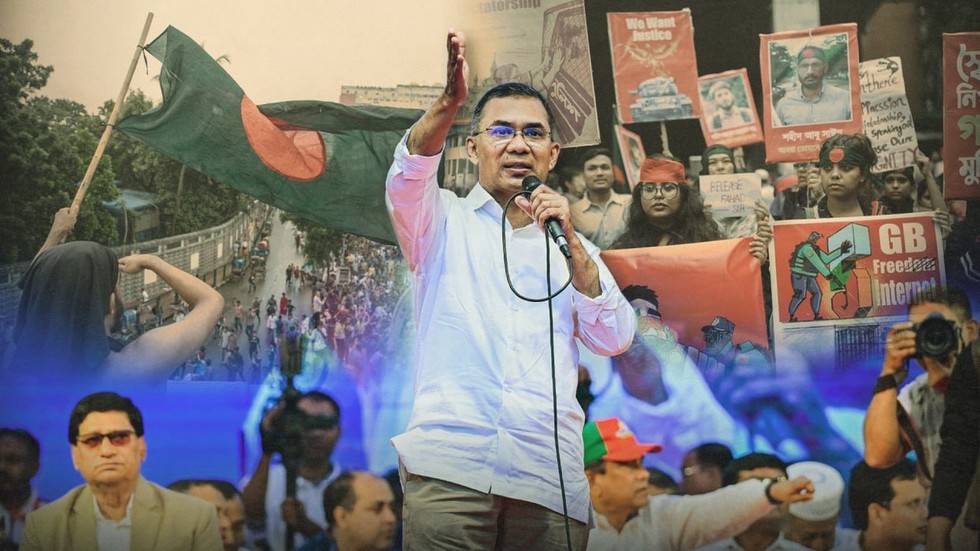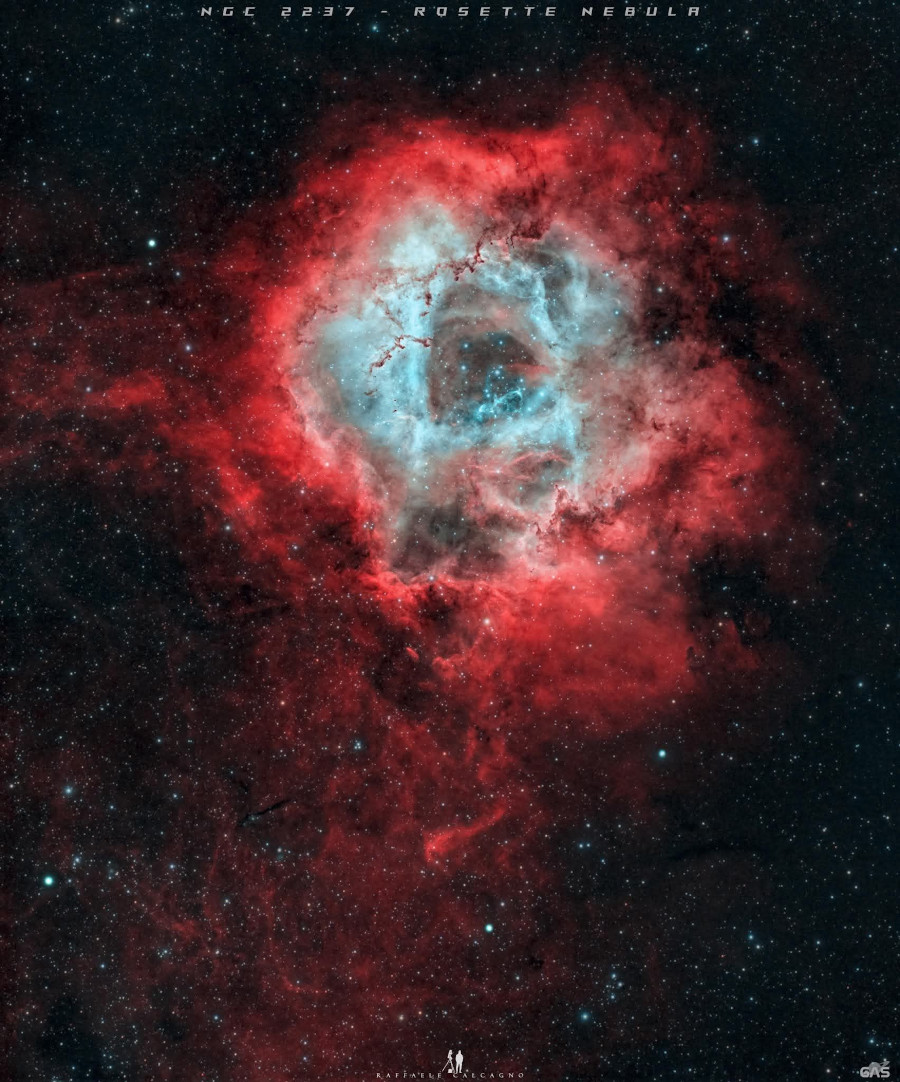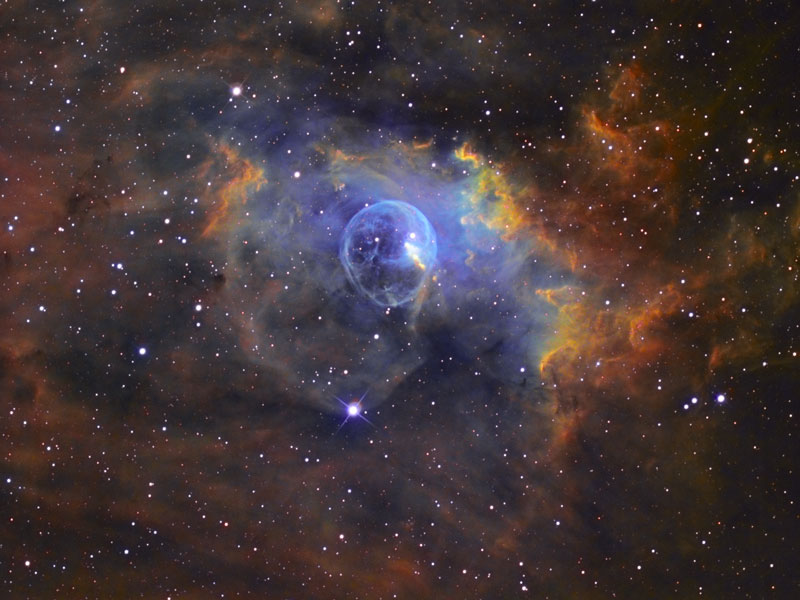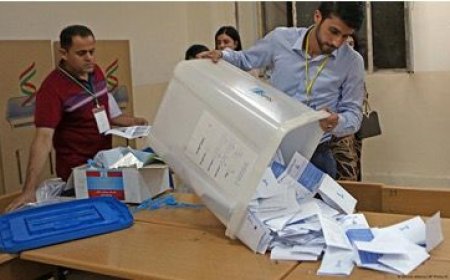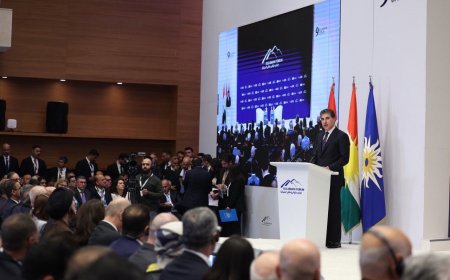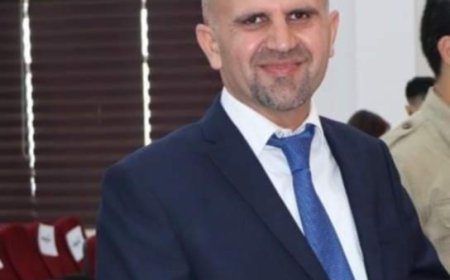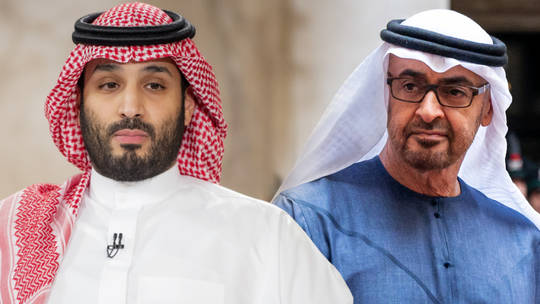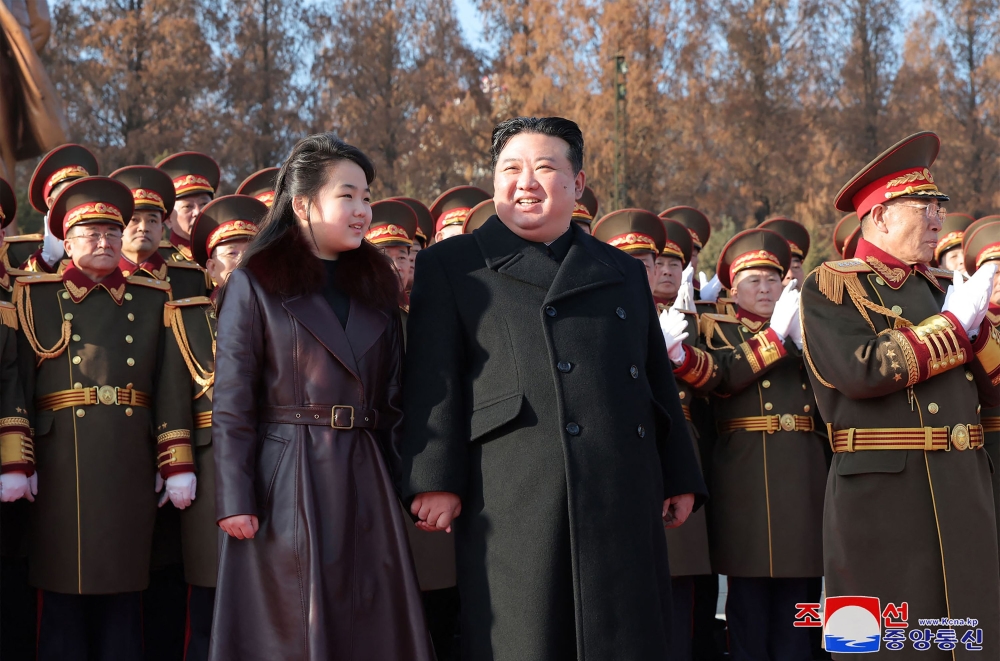Reflections on the Legacy of Pope Francis (1936-2025) on Interfaith Dialogue and Unity
Sirwan Abdulkarim Ali / A Kurdish Muslim academic author who served as a visiting lecturer at Catholic University-Erbil from 2021-2024.
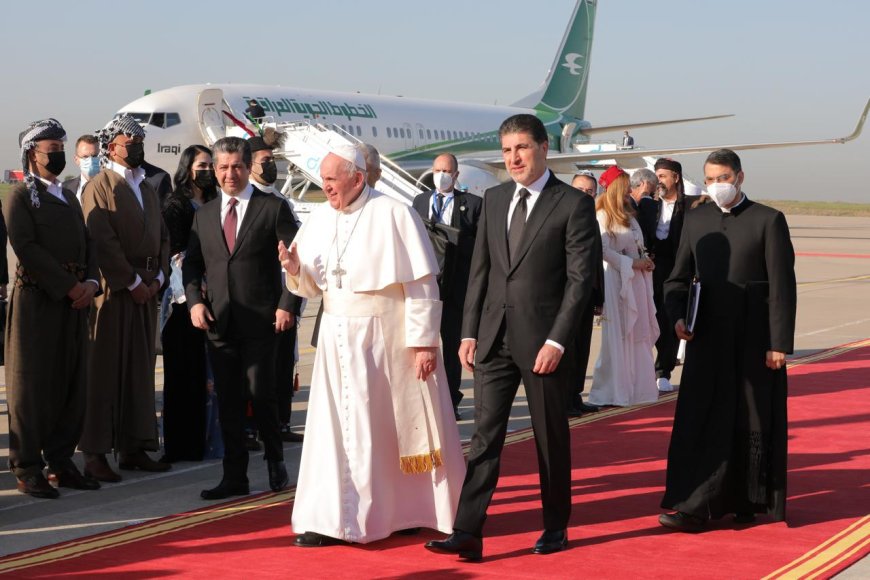
It is with profound sadness that we acknowledge the reported passing of His Holiness Pope Francis on Easter Monday, April 21, 2025, at the age of 88. As a member of the Kurdish Muslim academic community in the Kurdistan Region of Iraq, we offer these reflections on the significant impact Pope Francis had on interfaith relations, particularly within our diverse region.
The Kurdistan Region of Iraq stands as a testament to religious pluralism, where Muslims, Christians, Yazidis, and other faith communities have coexisted for centuries. Pope Francis's consistent advocacy for religious minorities and his particular concern for the Eastern Christian communities resonated deeply with our regional values of tolerance and coexistence.
His historic visit to Erbil in March 2021 marked a watershed moment for the Christian community in Kurdistan and Iraq at large. During this momentous visit, His Holiness celebrated Mass at the Franso Hariri Stadium before thousands of faithful, bringing global attention to the resilience of Christians in our region who had endured persecution under extremist groups.
President Nechirvan Barzani's steadfast commitment to preserving the rights and cultural heritage of Christian communities in Kurdistan created a foundation for meaningful dialogue with the Vatican. The relationship between President Barzani and Pope Francis was characterized by mutual respect and shared values regarding religious freedom and peaceful coexistence.
When Pope Francis visited Erbil, President Barzani welcomed him with the highest honors, emphasizing that the protection of religious minorities is not merely a political position but a fundamental Kurdish value. Their discussions focused on strengthening interfaith dialogue and ensuring that Christians would continue to have a secure homeland in Kurdistan.
President Barzani's administration has consistently demonstrated this commitment through practical measures, including the reconstruction of Christian villages destroyed by ISIS, financial support for Christian religious and cultural institutions, and ensuring political representation for Christian communities in the Kurdistan Regional Government.
Having served as a visiting lecturer at Catholic University-Erbil for three years, I witnessed firsthand the profound impact of Pope Francis's inclusive theology on academic discourse. The university, which welcomes students of all faiths, embodies the interfaith harmony that both Pope Francis and President Barzani have championed.
During my tenure, I observed how Christian and Muslim students engaged in respectful intellectual exchange, often citing Pope Francis's encyclicals on human fraternity and social friendship as frameworks for dialogue. The university's commitment to academic excellence while honoring religious diversity created an environment where different perspectives were valued rather than merely tolerated.
One particularly moving experience was participating in an interfaith symposium organized following Pope Francis's visit, where scholars from various religious backgrounds explored the theological underpinnings of religious coexistence. The Pope's message of brotherhood resonated throughout these academic discussions, transcending theological differences.
As we mourn the loss of this global spiritual leader, we in Kurdistan remain committed to the principles of religious pluralism that Pope Francis so eloquently championed. His legacy challenges us to move beyond mere coexistence toward genuine understanding and cooperation among different faith traditions.
For Kurdish Muslims, Pope Francis represented a partner in the pursuit of peace and human dignity. His passing is not only a loss for the Catholic Church but for all who strive for a world where religious identity serves as a bridge rather than a barrier between communities.
May his vision of a world united in respect for human dignity continue to inspire interfaith dialogue in Kurdistan and beyond. As we offer our condolences to our Christian brothers and sisters, we also reaffirm our commitment to protecting and celebrating religious diversity in our region.
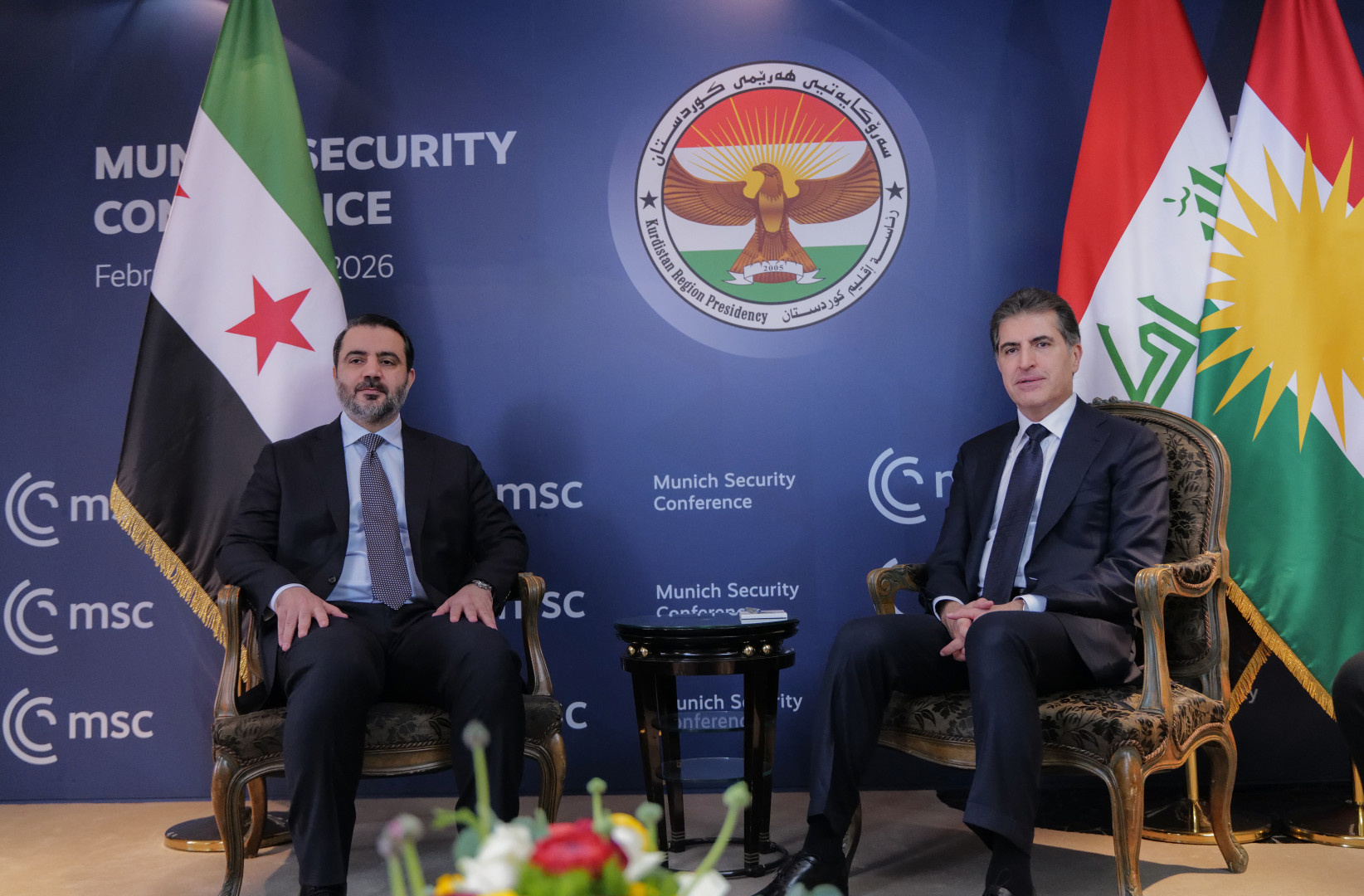
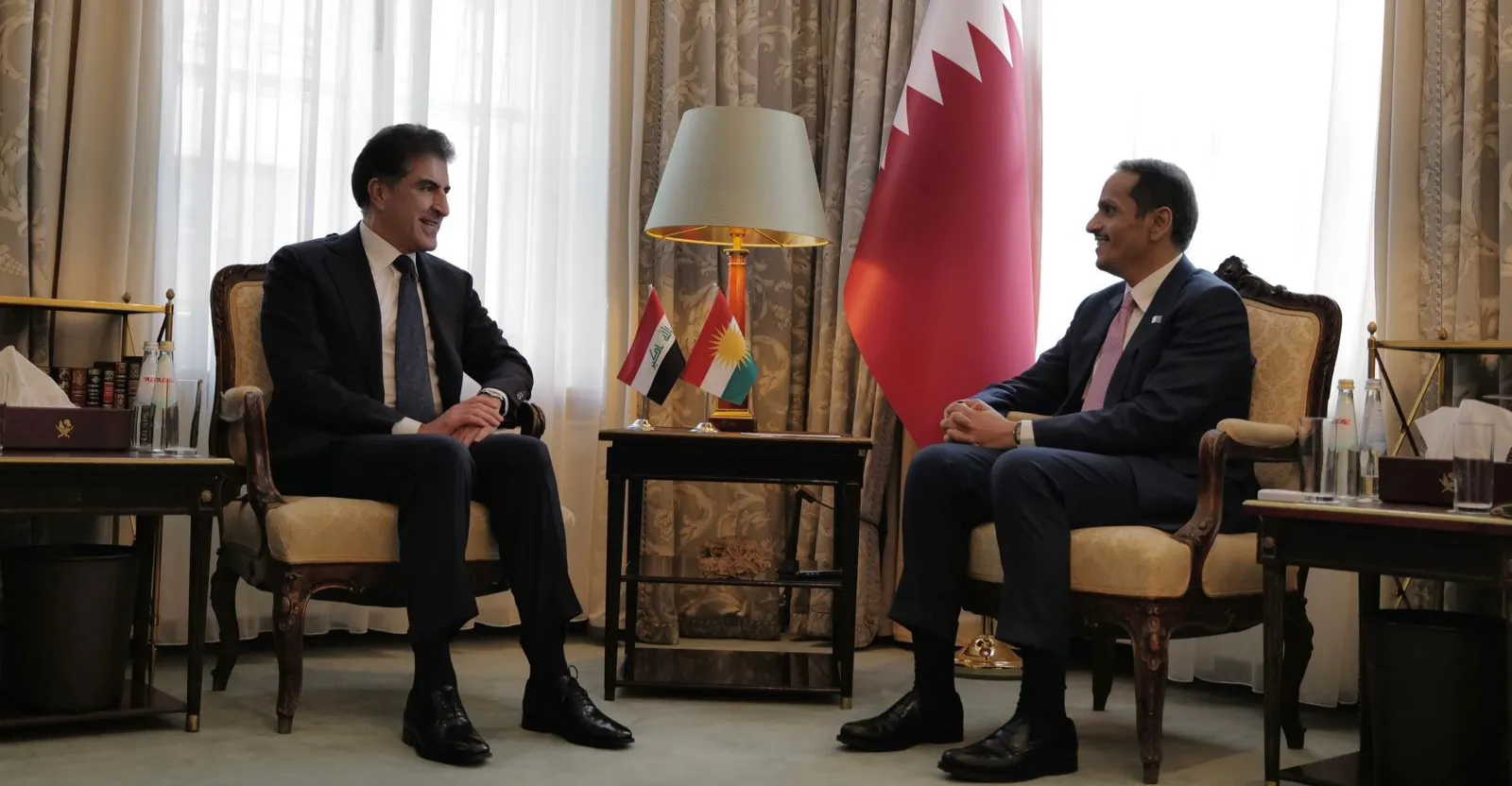

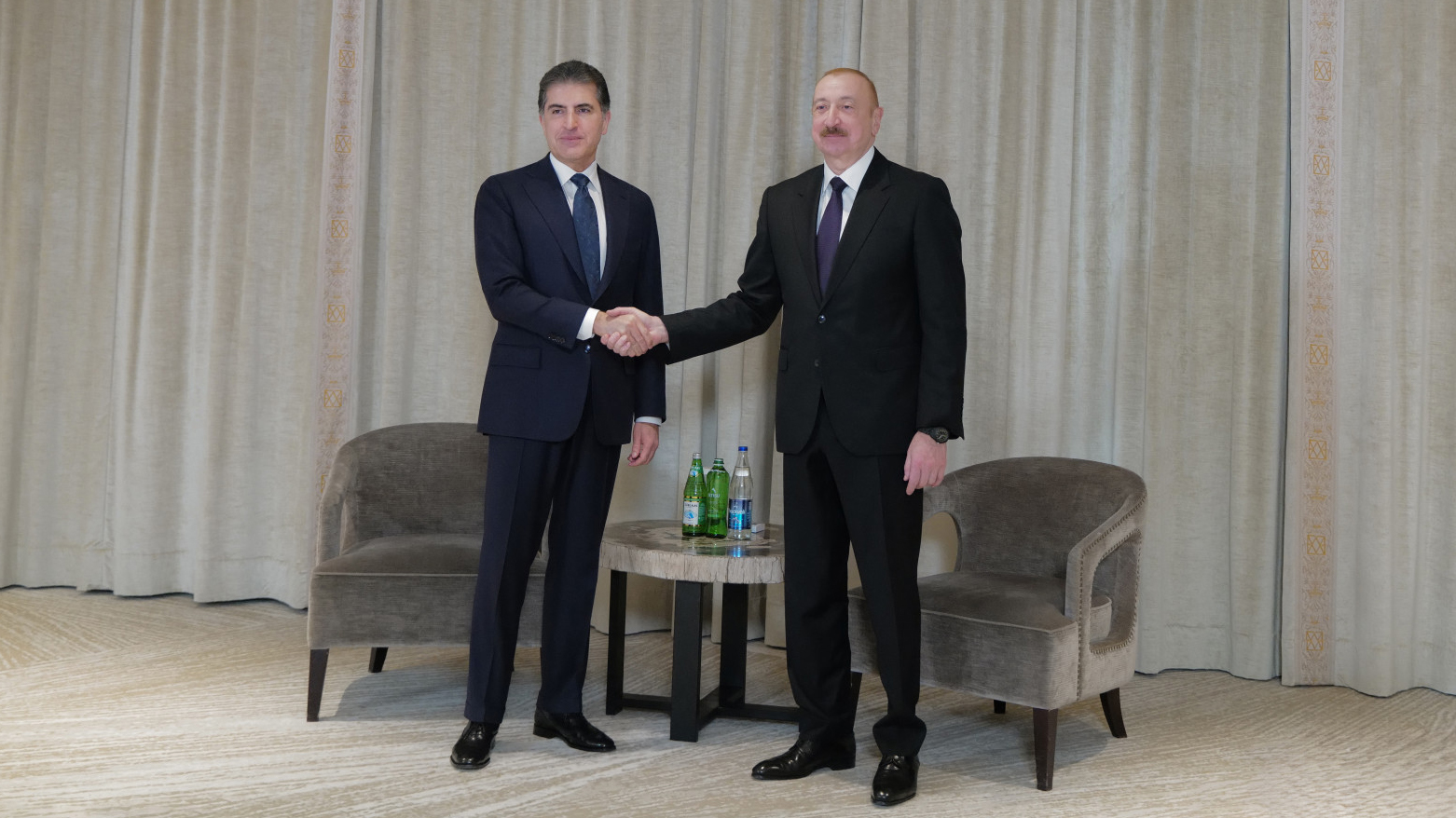
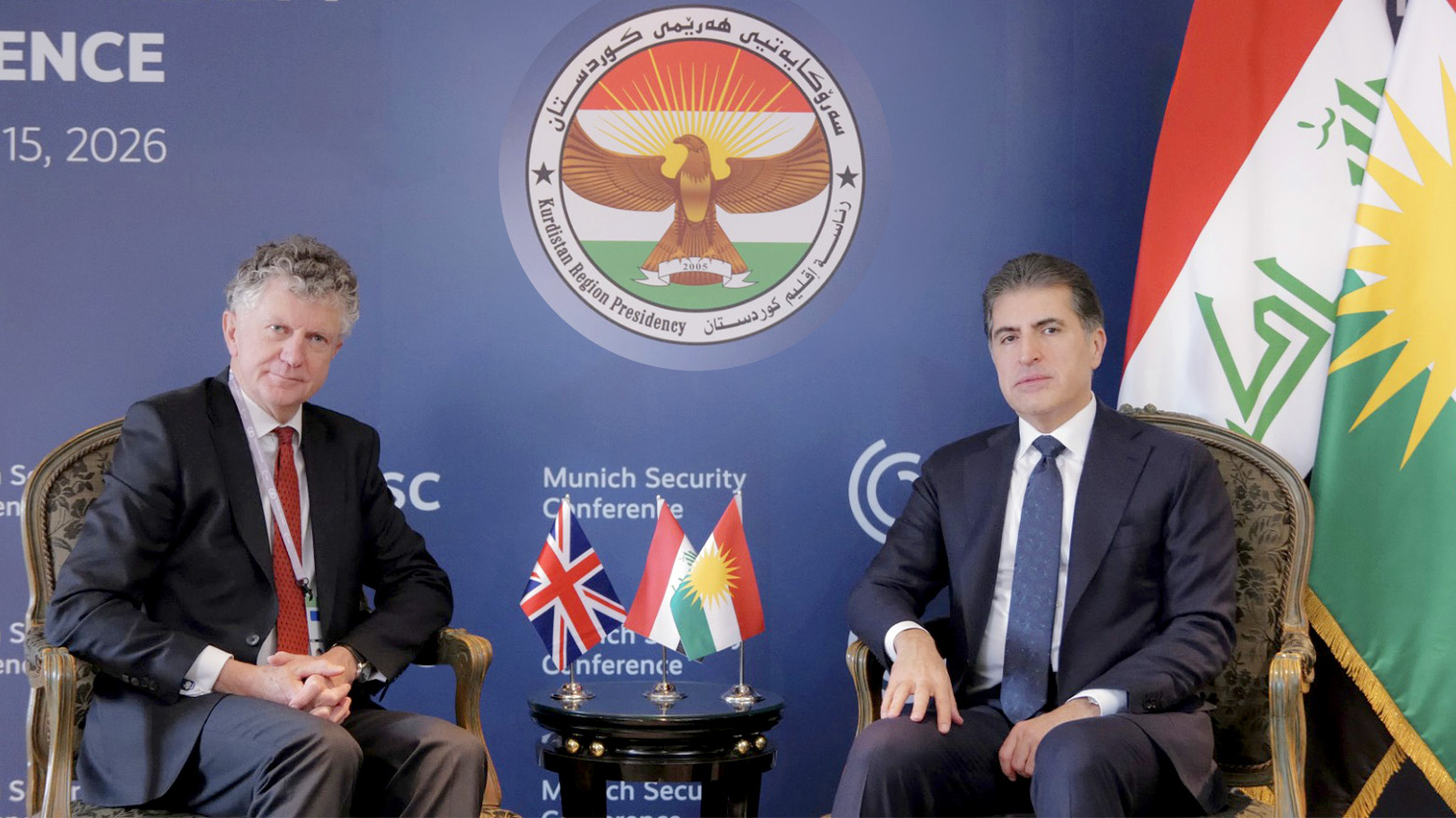


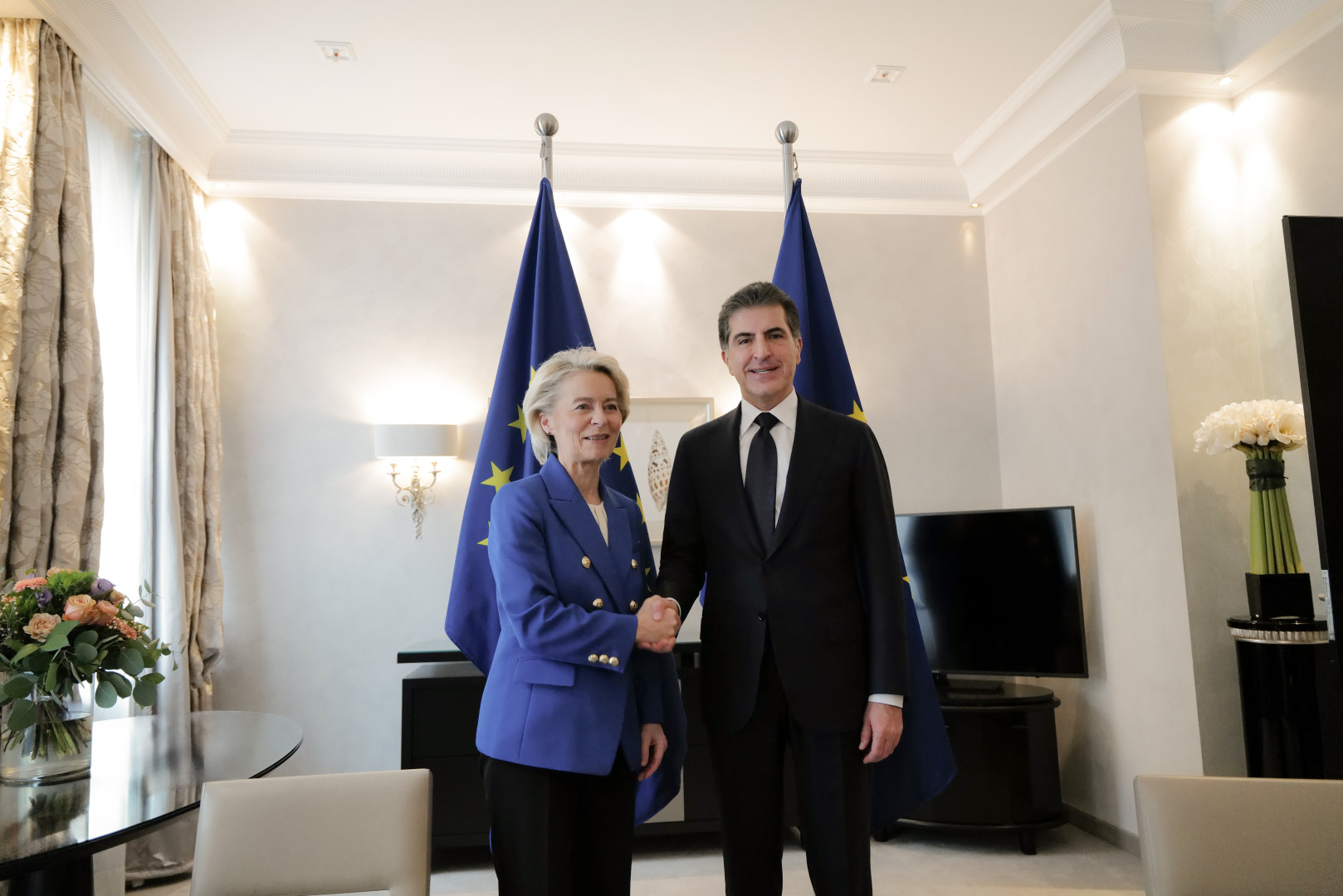
/file/attachments/orphans/WhatsAppImage2026-02-12at222452_123066.jpeg)




